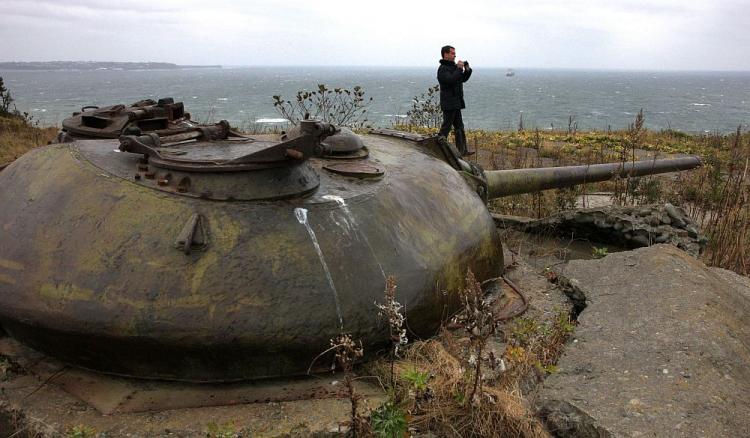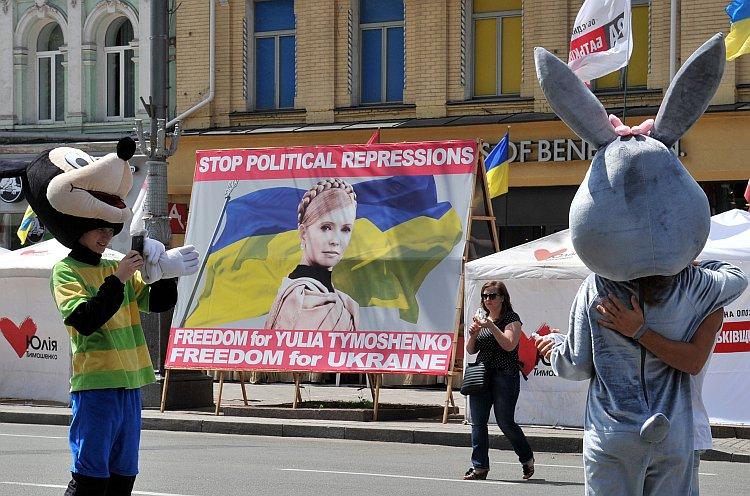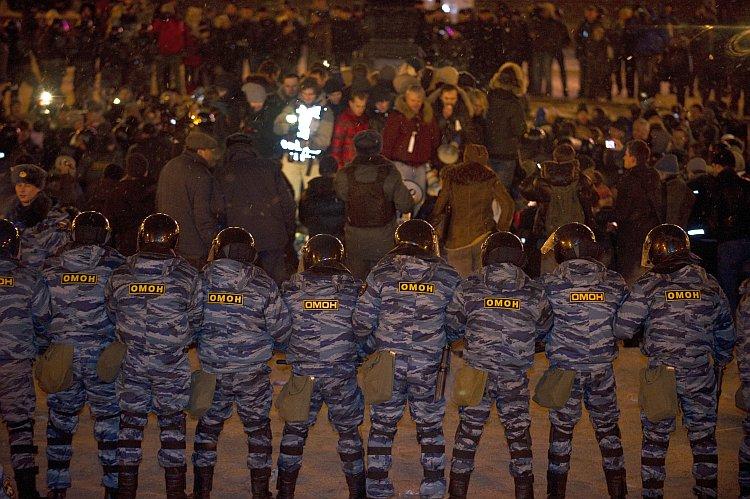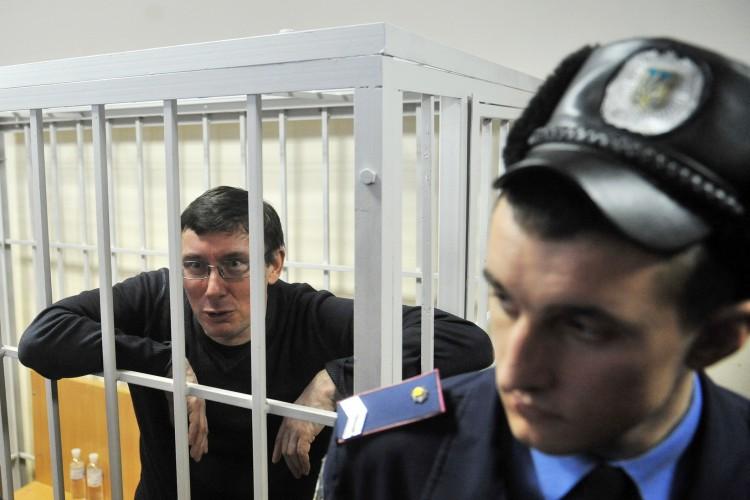Russia and Japan Clash Over Disputed Islands
The long-simmering dispute between Russia and Japan over the Kuril Islands in the North Pacific flared up on Monday.

Russian President Dmitry Medvedev walks near a Soviet-era fortification during his visit to Kunashir one of the Kuril Islands on Nov. 1. Medvedev stoked Japan's ire on Monday with a visit to the Kuril Islands, a remote territory at the heart of a decades-long dispute with Tokyo. Mikhail Klimentyev/AFP/Getty Images
|Updated:





